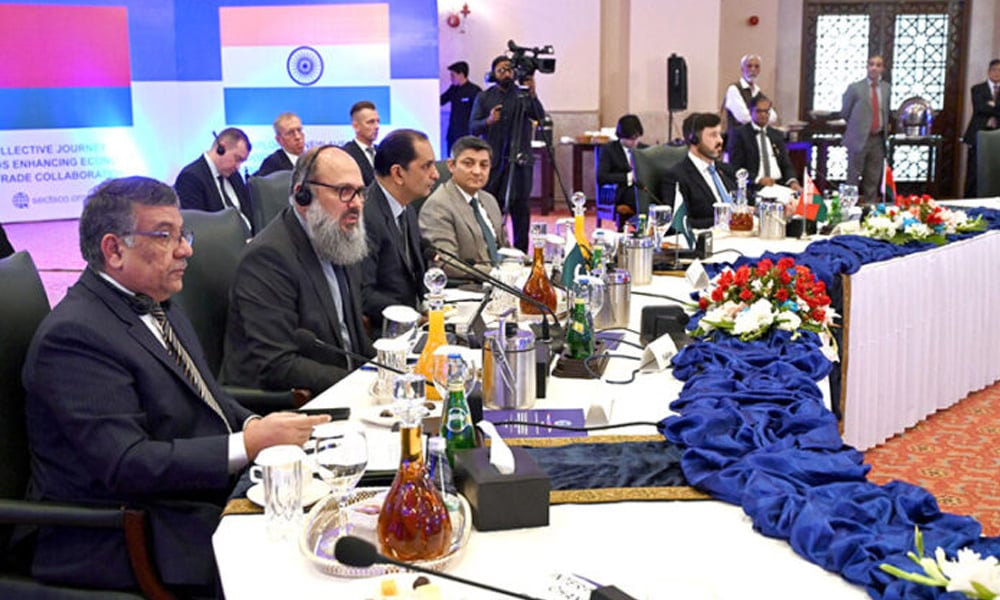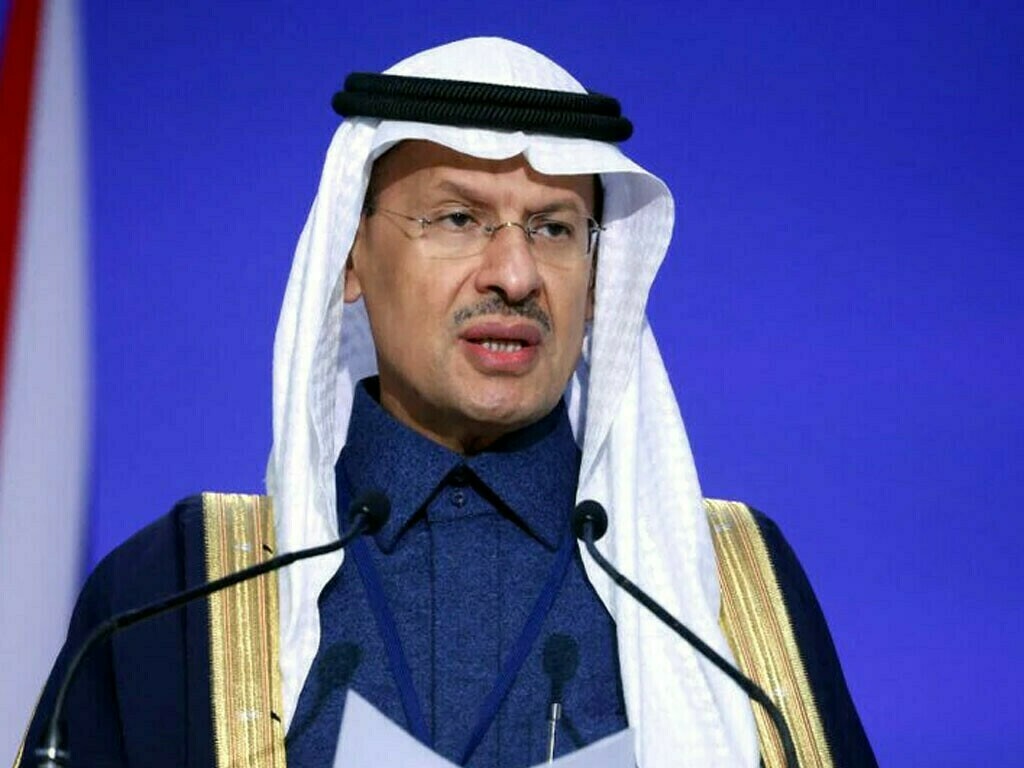In a bold move aimed at bolstering its economic reforms, the federal government of Pakistan has set an ambitious target to collect Rs30 billion through privatization proceeds in the fiscal year 2024-25. This initiative includes plans to privatize 25 state-owned entities (SOEs), marking a significant step towards economic restructuring and financial sustainability.
The government’s privatization agenda encompasses a diverse array of entities, ranging from strategic assets like Pakistan International Airlines (PIA) and Roosevelt Hotel to key financial institutions such as the First Women Bank and utility providers like the Utility Stores Corporation and various power distribution companies.
One of the flagship privatization efforts involves Pakistan International Airlines (PIA). The federal government has committed to completing the bidding process for PIA’s core business by June 2024, with intentions to sell a controlling stake of 51 percent. This move aligns closely with the government’s broader agenda to streamline operations, enhance efficiency, and reduce fiscal burdens associated with state ownership.
The International Monetary Fund (IMF) has expressed support for Pakistan’s privatization endeavors, noting significant progress in advancing its economic reforms agenda. In its second and final review under the Stand-By Arrangement (SBA) dated May 10, 2024, the IMF highlighted Pakistan’s commitment to fiscal discipline and structural reforms, including the acceleration of privatization efforts across multiple sectors.
According to the IMF report, Pakistan’s privatization drive extends beyond major entities like PIA, encompassing several smaller SOEs currently on an active privatization list. This strategic approach aims to attract private investment, improve operational efficiencies, and stimulate economic growth across various sectors of the economy.
The federal government’s strategy involves a phased approach to privatization, ensuring transparency and maximizing value for stakeholders. By divesting state-owned assets, Pakistan aims to reduce fiscal deficits, optimize resource allocation, and foster a more competitive business environment conducive to sustainable economic development.
While privatization presents opportunities for economic revitalization, it also poses challenges such as regulatory complexities, stakeholder concerns, and potential workforce implications. The government is cognizant of these challenges and is committed to addressing them through proactive engagement and robust policy frameworks.
The privatization plans have sparked varied reactions among stakeholders, with industry experts applauding the move towards economic liberalization and efficiency gains, while employee unions and certain political factions have expressed reservations regarding potential job losses and social impacts.




